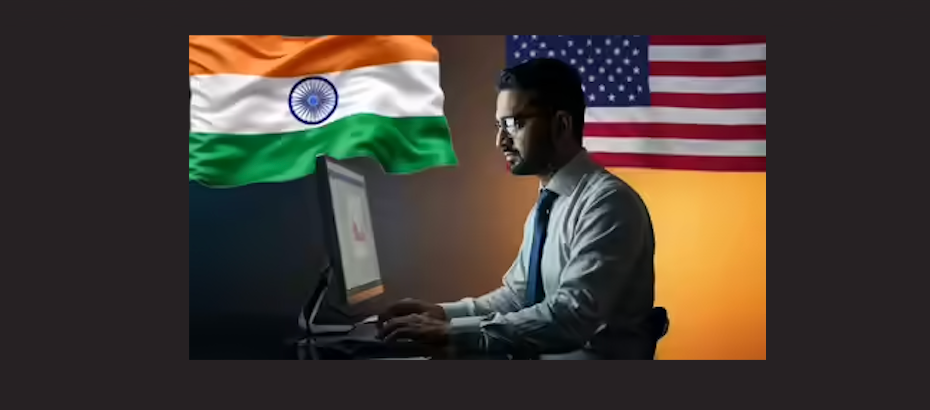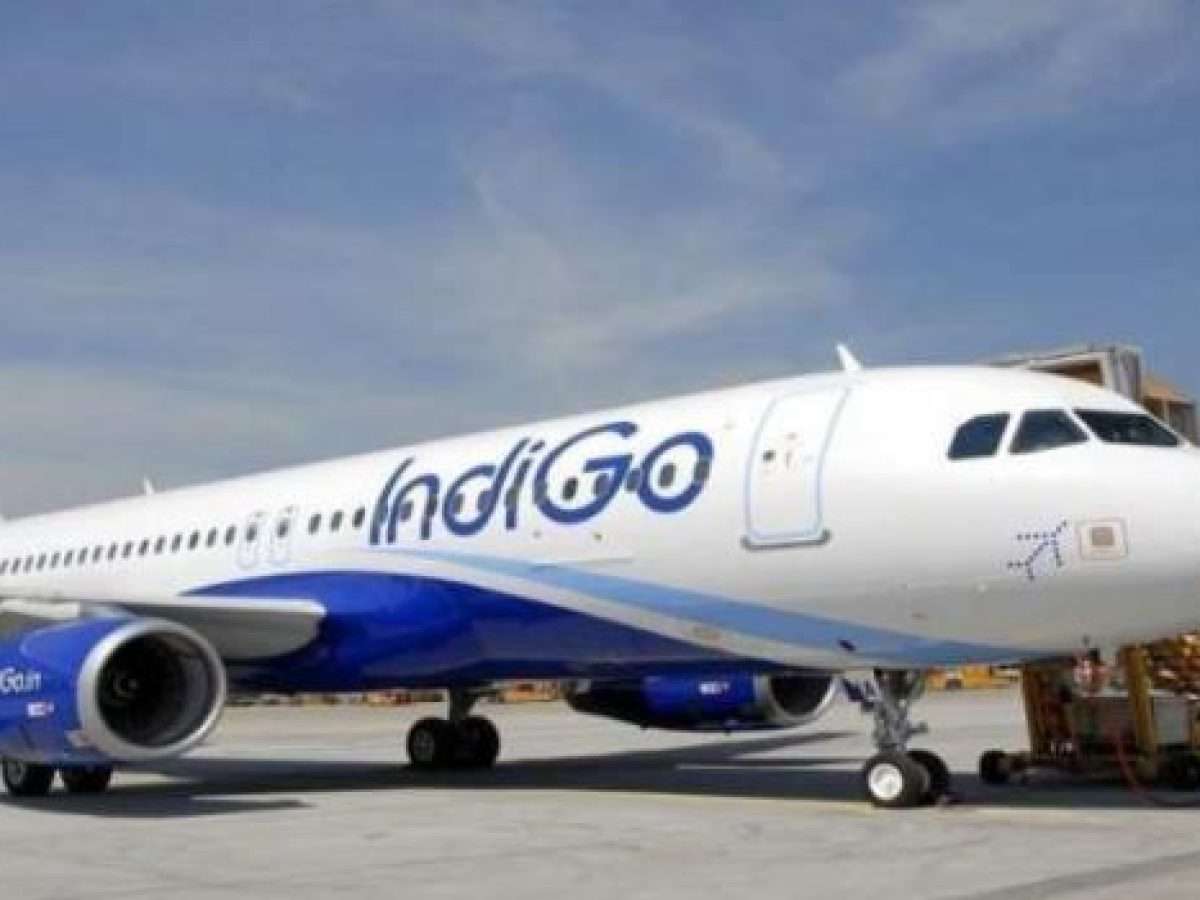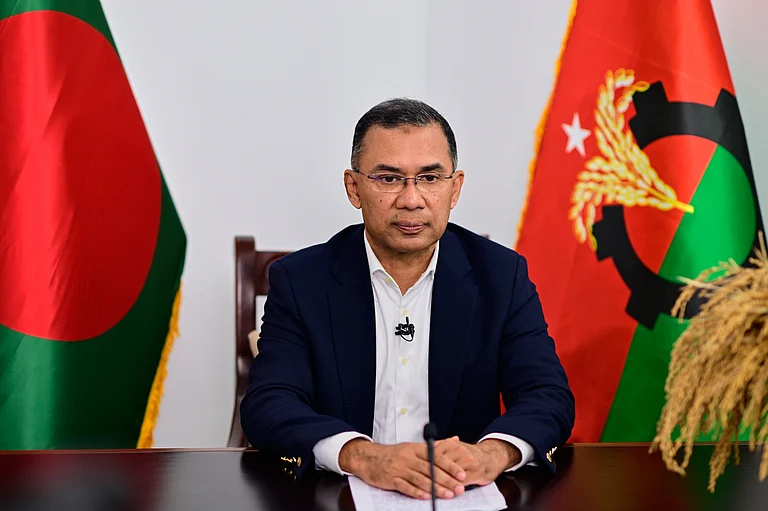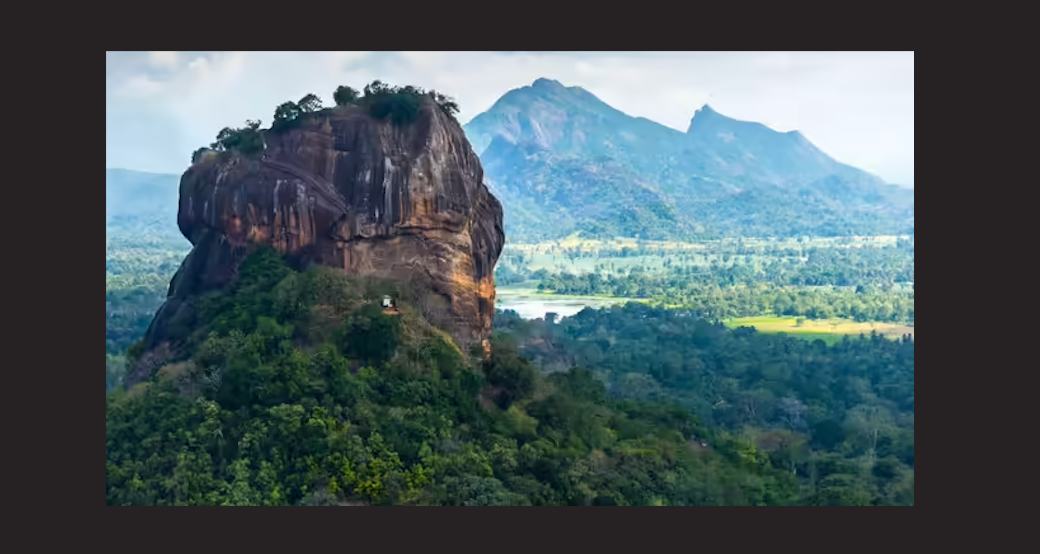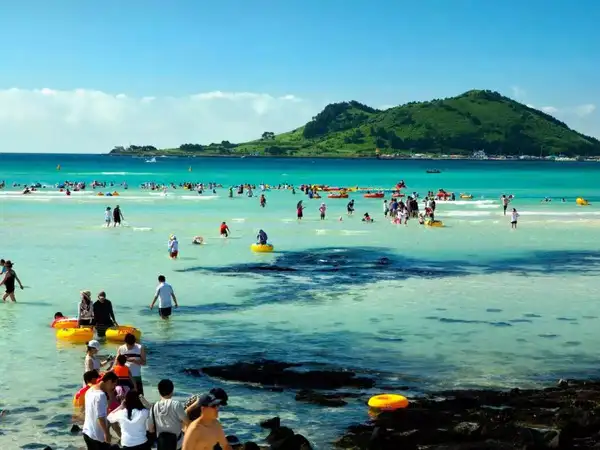This is the third in Amadeus’ Traveler Tribes research initiative, the first launched in 2007, the second in 2015. It is part of Amadeus’ commitment to driving innovation at scale and making travel better for travelers and travel companies everywhere
As an estimated 474 million tourists traveled internationally between January and July 2022 compared to 175 million in 2021, international tourism continues to bounce back.
But how will we travel in 2033? A global research study – Traveler Tribes 2033 – the third in a series that launched in 2007, identifies four Traveler Tribes that will develop in the next 10 years. It does so by examining the future forces of change transforming travel, alongside emerging traveler traits, behaviors and preferences, to understand exactly what it is that travelers will want a decade from now.
It suggests many travelers will be open to new and emerging technologies and will want to travel in more sustainable ways. But with some travelers concerned about the proliferation of technology and the increasing need for cyber-security and data privacy, the industry must work together to ensure all travelers benefit from technological advances.
“In a constantly evolving travel industry, the advent of emerging technologies and changing consumer preferences is making the travel ecosystem more diverse, and at the same time, complex. Our Traveler Tribes 2033 report is a ground-breaking study that provides valuable insights about traveler preferences and an outlook of how their distinct characteristics and personalities will shape the future of travel in India and around the world”, said Mani Ganeshan, Global Head of Engineering, Travel Sellers Unit and Centre Head, Amadeus Labs Bangalore. “Traveling is one of the greatest joys of our lives and Amadeus is here to ensure that every touchpoint in the travel journey is seamless to enhance travel experiences. Revealing the Traveler Tribes is an opportunity for the Indian travel industry to understand traveler preferences and collectively innovate to better meet the needs of travelers over the next decade.”
MOVING BEYOND THE LIMITATIONS OF TRADITIONAL SEGMENTATION, THIS PSYCHOGRAPHIC APPROACH IDENTIFIES FOUR KEY TRAVELER TRIBES LIKELY TO BE DOMINANT IN 2033:
-
Excited Experientialists – This group has a ‘try it and see’ approach to life and travel. 44% are without children and have a mid- to high-income job with flexible working options, which enables them to readily explore the world. They have a you only live once (YOLO) approach. They are more likely than other travelers to act on instinct, making them 2033s ‘anti-planners’, favoring less predictable and more exciting accommodation experiences. They are also open to technology that helps them ‘speed up’ certain aspects of their journey, with many expecting to use artificial intelligence (AI) in the airport environment. 32% Indian respondents identified themselves as excited experientialists.
-
Memory Makers – This group takes a more simplified approach to travel: to make memories and visit places. 44% are aged 42 and over and are habitual in their travel behaviors. The future can be a daunting prospect for them. They put people first and place less value on technology and sustainability, reassured by existing methods. However, despite their skepticism about technology, they are excited about virtual reality (VR) and augmented reality (AR) preview tours with the majority expected to use VR tours before purchasing a trip. 9% Indian respondents identified themselves as memory makers.
-
Travel Tech-fluencers – 19% identified themselves as travel tech-fluencers. this group includes today’s young business travelers with a forward-looking perspective on life. 48% of the group are under the age of 32 and their perspective is symbolized by how much technology they own. However, there is a discord when it comes to what excites and concerns them around the future of technology and travel. While many want to travel sustainably, it seems they are more conscious about sustainability options around their method of travel, rather than where they’ll be staying. 19% Indian respondents identified themselves as travel tech-fluencers.
-
Pioneering Pathfinders – Individuals in this group live a fast-paced life, always looking for their next adventure. Their life is in full swing with 82% between the ages of 23 and 41. They like to plan but are not afraid of risk and are open to new experiences. This group is more willing than others to let sustainability influence their decisions. They will also be very comfortable using all forms of alternative payment methods in 2033, whether via cryptocurrency or within a virtual reality environment. 40% Indian respondents identified themselves as pioneer pathfinders.
This is the third in Amadeus’ Traveler Tribes research initiative, the first launched in 2007, the second in 2015. It is part of Amadeus’ commitment to driving innovation at scale and making travel better for travelers and travel companies everywhere.
Jack Miles, Lead Researcher and Senior Director, Northstar: “Future predictions are difficult, especially in travel. This is because travel is about humans and how they think and behave – all of which are complex as people aren’t always rational. However, using extensive traveler research based on behavioral science and consumer psychology, expert insight from diverse fields like forecasting, technology and academia, and data-analytics, this study has uncovered many insights to help understand travelers and predict their future behavior. From the importance and challenge of sustainability to the need to reassure travelers about the changing role of technology, one thing is clear, travel will continue to play a vital role in enriching our lives as we head towards 2033.”
*********************************************************************
Readers
These are extraordinary times. All of us have to rely on high-impact, trustworthy journalism. And this is especially true of the Indian Diaspora. Members of the Indian community overseas cannot be fed with inaccurate news.
Pravasi Samwad is a venture that has no shareholders. It is the result of an impassioned initiative of a handful of Indian journalists spread around the world. We have taken the small step forward with the pledge to provide news with accuracy, free from political and commercial influence. Our aim is to keep you, our readers, informed about developments at ‘home’ and across the world that affect you.
Please help us to keep our journalism independent and free.
In these difficult times, to run a news website requires finances. While every contribution, big or small, will makes a difference, we request our readers to put us in touch with advertisers worldwide. It will be a great help.
For more information: pravasisamwad00@gmail.com


